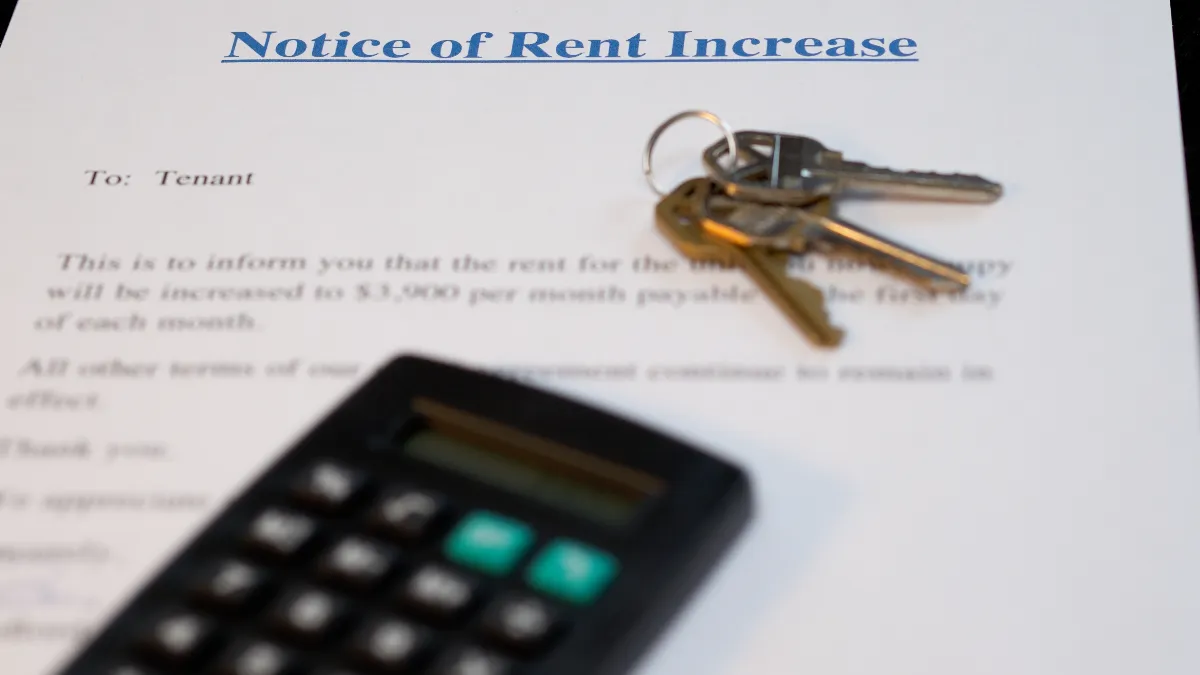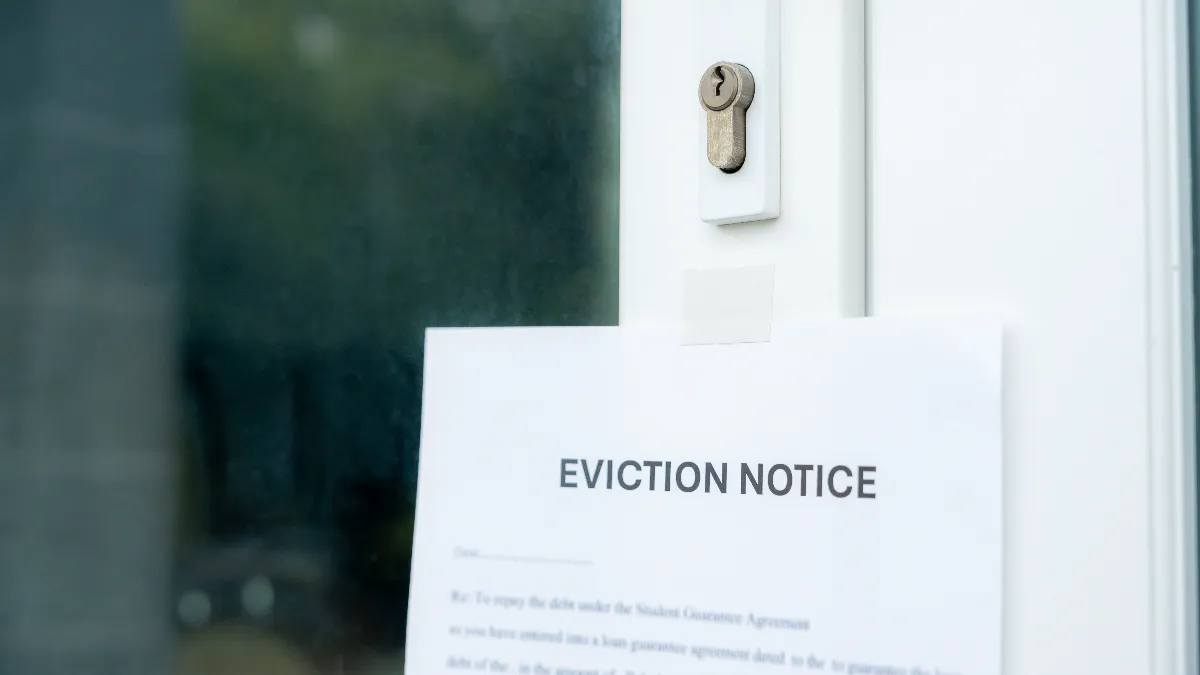Many overseas property investors are interested in becoming landlords in London, as it offers the opportunity to earn consistent rental income with attractive yields and long-term capital growth. Gaining insights into the latest buy-to-let (BTL) trends in 2025 can help you ask the right questions to your estate agent for a more profitable venture.

London’s private rental sector (PRS) is massive, with the Greater London Authority reporting that over 2.7 million people live on rent, which is more than a quarter of the capital’s population of nearly 10 million. In an ever-growing city like London, no matter how hard the government pushes for more housing, there is always a supply shortage, creating an opportunity for savvy investors.
Despite the best efforts of several politicians to appease tenant voters by introducing stricter letting laws, there are many stats that show why it still pays to be a landlord in London. Here are a few current trends you should know about.
More BTL investors and high demand
According to Zoopla’s latest rental market tracker, the number of BTL mortgages in the 12 months to Q1 2025 was up by 60% from last year, which is a sign of growing investor demand. The fact that there are over 10 enquiries for each available rental home is a testament to the high rental demand, encouraging more landlords to invest now. Calculate the potential yield on your BTL investment using our accurate rental yield calculator.
Increasing rents despite stock improvements
Although the supply of rental homes has improved across the UK this year, in London, it is only 6% higher than a year ago. This is considerably lower compared to the South West and East Midlands, where the number of homes available to rent is over 30% higher.
According to the Office for National Statistics (ONS), annual rent inflation in the UK at 5.7% in the 12 months to August 2025 was at par with London. However, the average rent in the capital, at £2,253, was over 67% higher than the national average.

Rate cuts and mortgage discounts
The cost of borrowing, which had increased after the COVID-19 pandemic, reached a peak of 5.25% and remained at that level until last summer. However, since then, the Bank of England (BoE) has announced five consecutive rate cuts, holding the current base rate at 4% as of September 2025.
With the average two-year fixed mortgage rate now close to 4.5%, homebuyers and investors are saving over £115 per month on repayments. Use our specialised mortgage calculator to get a fair estimate of monthly repayments on your investment.

The rise of limited companies for property investment
The introduction of Section 24 made it difficult for landlords to claim mortgage interest as an expense, leading many to opt for the Limited Company route to hold properties. The number of BTL company registrations has more than quadrupled in the last few years, with over 400,000 such BTL investors switching to the lower Corporation Tax rate from higher rate income tax bands.
The Renters’ Rights Bill and new landlord rules
While the incumbent Labour Government pushes for the Renters’ Rights Bill to receive Royal Assent and become law in the coming few weeks, many London landlords have concerns about how it will affect their income and property rights. Once enacted, the law will introduce landmark changes to the PRS.

An end to Section 21 notices and fixed-term tenancies
Landlords seeking to gain possession of their properties from tenants can no longer serve a Section 21 notice to end a fixed-term tenancy. Instead, they will need to enter into periodic tenancies and provide a notice of up to four months, which can only be used if they are looking to sell the property, use it themselves, or for their family members.

Limited rent increases and a ban on bidding
Under the new law, landlords are allowed to increase the rent only once per year through Section 13 notices. They are also restricted from renting their properties above the advertised rent amount to make the process fairer for tenants.
New landlord database and process for dispute resolutions
Aimed at increasing transparency within the sector, landlords will also need to register with a new national-level database that will record property and tenancy details. There will also be a new Ombudsman set up to handle disputes between landlords and tenants, which, if not joined in due course of time, can result in hefty penalties.
Higher energy efficiency and decent homes standards
Despite a foreseeable delay in implementing new EPC rules that mandate all landlords to have a minimum EPC rating of C, many existing landlords have already begun work on improving the energy efficiency of their properties. There are also talks of extending a new Decent Homes Standard (currently applicable to social housing) to the PRS.

Read our detailed guide for more information about the Renters’ Rights Bill.
Despite the extra scrutiny and stricter laws, London continues to attract new investors, as many large-scale regeneration projects are underway across various new and emerging neighbourhoods in the capital. Check out some of the top property investment hotspots in London, where landlords stand the chance to earn yields of up to 6% and more.
Choose Benham and Reeves as your investment and lettings partner
With 21 on-ground branches across the UK capital and 14 international offices, Benham and Reeves brings over 65 years of lettings and property management experience to serve overseas London landlords. We have the right experts and resources to make these transitions through new legislation easy for new and existing landlords. You can also use our free tools to calculate the expected ROI and the potential rent of your property, making a more informed decision.
Get in touch to know more about being a landlord or managing a property in London.
International offices




















